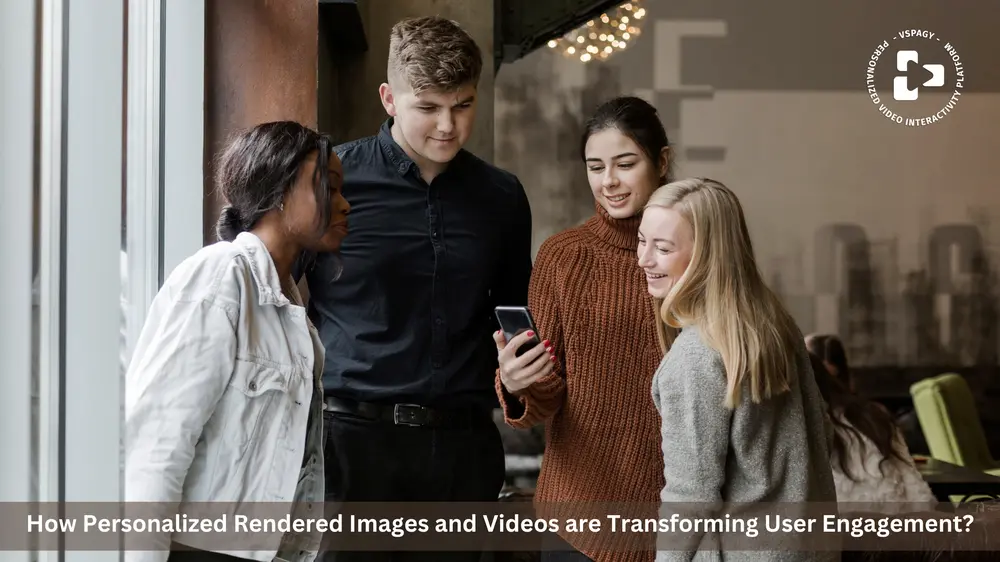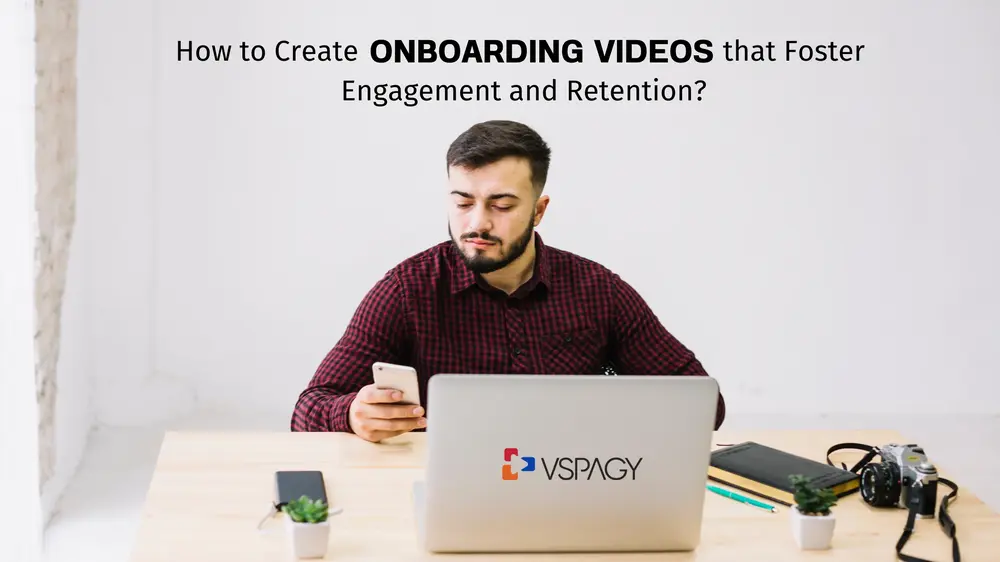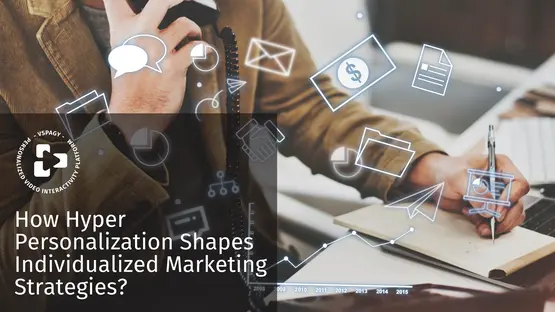Loyalty and Shift from Personalization to Individualization
Jan 29, 2021

Introduction
Embarking on a transformative journey in customer engagement, the focus is evolving from generalized personalization to the intricate world of individualization. Loyalty now stands as the cornerstone, ushering in a departure from uniform approaches to a tailored strategy that caters to the distinctive preferences and needs of each person.
Today, we will be exploring this paradigm shift, unraveling the dynamics of loyalty in the modern business landscape, and uncovering how the move from personalization to one-to-one marketing is reshaping the way businesses connect with their audience.
What is Personalization?
Personalization is the craft of tailoring experiences to individual preferences. Business and marketing entails customizing content, products, or services to cater specifically to each user's distinct needs, fostering greater engagement and forging meaningful and relevant interactions.
What is Individualization?
Individualization surpasses personalization by tailoring experiences to the distinct characteristics of each person. Individual marketing is a highly customized approach and considers specific traits, behaviors, and preferences, creating hyper-personalized interactions to foster deeper connections and enhance overall engagement and satisfaction for every individual.
Benefits of a Personal Approach to Marketing:
-
Elevated Engagement
Crafting content attuned to individual preferences transcends mere attention-grabbing; it forges profound connections, making customers feel acknowledged and comprehended.
-
Cultivated Loyalty
Personalization extends beyond transactions; it is the foundation of enduring relationships. When customers sense a brand truly understands them, loyalty evolves from being earned to being nurtured over time.
-
Optimized Conversions
Targeting content to specific needs isn't solely about relevance; it's about addressing specific pain points and desires, resulting in heightened conversion rates and a streamlined sales funnel.
-
Positive Experiences
A personalized approach signifies a brand's dedication to comprehending its customers. This not only fosters positive experiences but positions the brand as customer-centric, bolstering its reputation.
-
Sustainable Growth
Beyond immediate gains, these collective advantages lay the groundwork for continuous business growth. It's not merely about isolated transactions but about fostering enduring relationships that contribute to the sustained success of the brand.
Difference Between Personalization and Individualization
Marketers have always desired to bond with their customers one-on-one. That kind of relationship has been the fantasy of marketers for a long time. Mass personalization got us close to that ideal, but it's now high time for businesses to realize that personalization is now archaic. Surprised! But this is true. This is the age of data, and it all boils down to adopting data-driven marketing.
Till now, you might have impressed your customers with Mass Personalization, a way of marketing where you send out personal communication to your entire list wherein the only thing personal is the name, and everyone is doing this. So, the basic personalization is an expectation, not an innovation. Businesses now want to offer their customers what they want. Personalization based on basic data simply isn't enough anymore.
Today, every customer wants to be treated differently. They want the business to make them feel special, thus changing the face of marketing. Therefore, it's time to start participating in personalization versus individual marketing discourse, setting new standards for the way marketers connect with their customers.
| Aspect | Personalization | Individualization |
|---|---|---|
| Approach to Messaging | Interruptive, broadcasting messages to audiences | Intimate, tailored insights fostering close bonds |
| Customer Sentiment | Customers are weary of fragmented and spam messages | Enhances the overall customer experience |
| Technology Impact | Enables partnerships; aims for a close customer experience | Utilizes technology for seamless customer integration |
| Data Requirement | Requires minimal data for basic personalization | Integrates all relevant data for comprehensive insights |
| Customer Understanding | Limited understanding based on basic data points | In-depth comprehension of customer preferences and behavior |
| Campaign Effectiveness | Good to have but may feel intrusive | Elevates campaigns, delivering what customers really want |
| Data Analysis and Action | Limited data analysis: actions based on basic insights | Eliminates silos, analyzes all data for informed actions |
| Customer Expectations | Meets basic expectations with limited customization | Surpasses expectations by delivering tailored experiences |
How have personalization and individualization evolved together with data-driven marketing?
The synergy between data-driven marketing and the evolution of personalization and individual marketing has transformed customer engagement significantly.
-
Data Empowerment:
The advent of data-driven marketing has provided businesses with unparalleled insights into customer behavior.
-
Transition from Personalization to Individualization:
Initially focused on surface-level customization, the incorporation of data-driven strategies elevated personalization to individualization.
-
Deeper Understanding:
Data-driven approaches allow businesses to move beyond generic personalization, cultivating a profound understanding of individual preferences for one-to-one marketing.
-
Tailored Experiences:
This evolution enables brands to deliver highly customized experiences, not just meeting but exceeding customer expectations. It establishes meaningful and enduring connections in the dynamic landscape of contemporary marketing.
Frequently Asked Questions
How is personalization different from individualization?
Personalization adapts content to a group's preferences, while individualization tailors experience the unique needs of each person. The former provides a more generalized approach, whereas the latter is specific and targeted.
Why do people prefer personalization?
Personalization is favored as it elevates user experience, offering content or services tailored to individual preferences. This not only saves time but also enhances relevance, fostering a stronger sense of connection.
How effective is individualized advertising?
Individualized advertising proves highly effective by delivering personalized content to specific individuals based on their preferences and behaviors. This targeted approach significantly increases engagement and conversion rates.
Does personalization and individualization increase sales?
Indeed, personalization and individualization have the potential to elevate sales. Customized experiences create a deeper connection with customers, resulting in increased loyalty, higher conversion rates, and a positive impact on the bottom line.
Conclusion
Don't waste time and resources mastering yesterday's mass personalization techniques. To maintain your competitive edge, you need to use all the data that is available to create interactions that are relevant and valuable to your customers. When the customer, brand and marketer are aligned, the customer experience is optimized, and you can move far beyond mere personalization to true one to one marketing.
Watch VSPAGY Explained | Customer Engagement on YouTube to get a better understanding!
Check out related blogs here:
-
Personalised Video Technology Benefited to Business
-
Create Engaging Video Content
-
Key Traits of VSPAGY Your Personalized Video Maker




